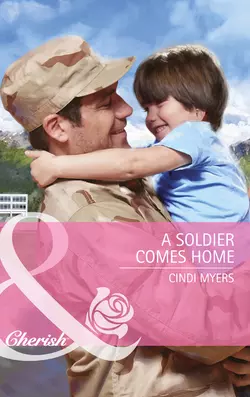A Soldier Comes Home

Cindi Myers
Тип: электронная книга
Жанр: Современные любовные романы
Язык: на английском языке
Стоимость: 463.26 ₽
Статус: В продаже
Издательство: HarperCollins
Дата публикации: 16.04.2024
Отзывы: Пока нет Добавить отзыв
О книге: A Soldier Comes Home, электронная книга автора Cindi Myers на английском языке, в жанре современные любовные романы